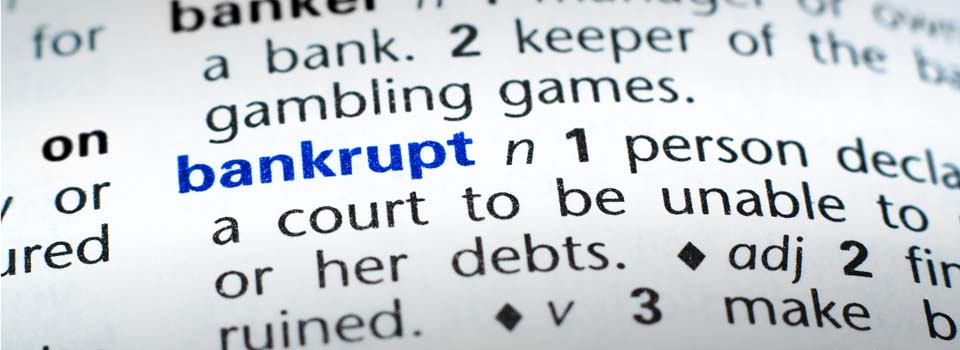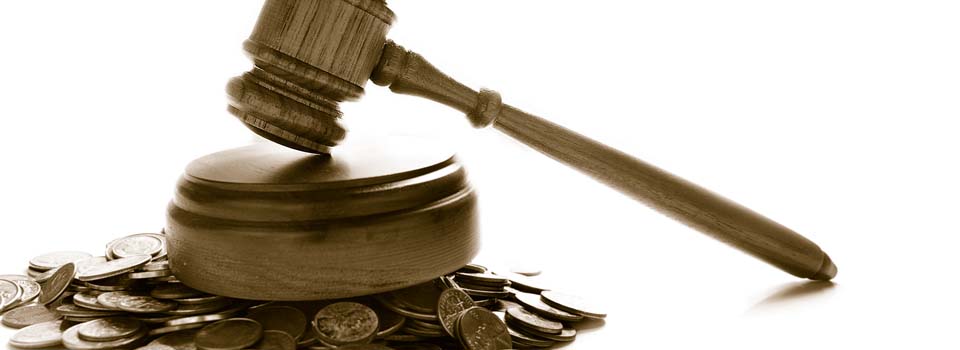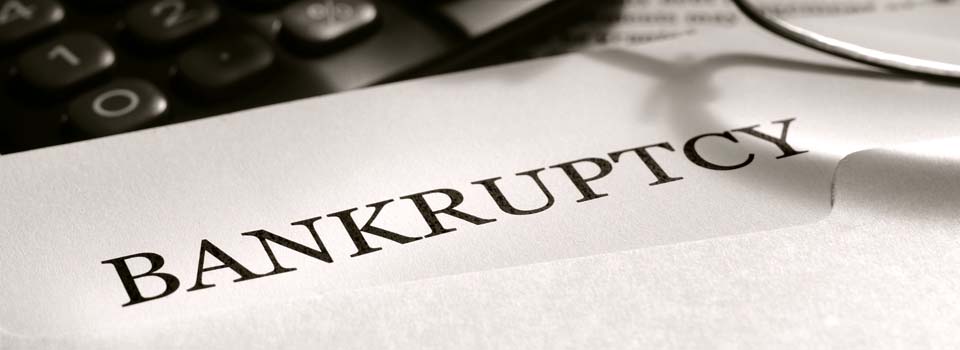Chapter 7 versus Chapter 13 bankruptcy: Which is right for you?
In these tough economic times, thousands of Americans are finding themselves overwhelmed by debt. While it is always a challenge to overcome financial difficulties, there are built in protections in the U.S. Bankruptcy Code that can help you wipe out your debt and get a fresh financial start.
Yet, even though almost everyone has heard of bankruptcy, not all consumers are familiar with the types of bankruptcy available to them. There are generally two types of bankruptcy for consumers: Chapter 7 and Chapter 13. By knowing a little more about the differences between Chapter 7 and Chapter 13, you can begin exploring which is right for your unique individual circumstances.
Chapter 7 bankruptcy
Chapter 7 is the most common form of bankruptcy for consumers, and it is what most individuals picture when they think of bankruptcy. Chapter 7 is also referred to as "liquidation," because in some Chapter 7 bankruptcies, certain assets are sold - or "liquidated" - and the proceeds are used to partially repay creditors before debts are discharged.
However, the overall majority of Chapter 7 bankruptcies do not involve the sale of any of the filer's property. Under both federal and state law, many assets are exempt from liquidation, meaning that filers do not have to sell these items in order to be released from their debts in a Chapter 7 case. In Michigan, typical exemptions include equity in a home up to $35,300, retirement accounts, certain types of personal property and vehicles valued at up to a certain amount.
If you do not own many valuable assets, Chapter 7 might be a good option, as most or all of your property could be exempt from liquidation. The great advantage of Chapter 7 bankruptcy is that debts are discharged almost immediately, giving you a fresh start right away.
Chapter 13 bankruptcy
The other type of consumer bankruptcy, Chapter 13, is sometimes called a "wage earner's plan." Chapter 13 is a good option if you have a regular source of income, but are struggling to keep up with your debts.
Unlike Chapter 7, Chapter 13 does not involve liquidation. Instead, with the help of his or her attorney, a Chapter 13 filer comes up with a repayment plan that spans three to five years. Under the terms of this plan, debts will be consolidated and monthly payments will usually be lowered. If the bankruptcy court approves the Chapter 13 plan, the filer must make the agreed upon payments. At the successful completion of the plan, most types of remaining unsecured debt will be completely discharged.
One of the biggest advantages of Chapter 13 bankruptcy is that it can help you save your home. Simply by filing for bankruptcy, an automatic stay goes into effect, which stops the foreclosure process. Under a Chapter 13 plan, you can then make up past due mortgage payments. While you will have to keep up to date on your mortgage during your Chapter 13 plan to keep your home, this should be more manageable considering that the payments you are making toward other types of debt should be significantly lowered.
Contact a bankruptcy attorney to explore your options
Both Chapter 7 and Chapter 13 bankruptcy can be useful tools in the right situation. An experienced bankruptcy attorney can help you decide which option is right for you and will help you craft a bankruptcy strategy that allows you retain as many of your assets as possible.
If you are facing overwhelming debt, do not wait and try to "hang on" as long as possible; you will have more and better options the earlier you address your financial problems. Get in touch with a bankruptcy attorney today to learn more.
A lifelong Detroiter, James C. Warr has been a consumer bankruptcy attorney since 1992. He has received degrees from Michigan State University and the University of Detroit Mercy School of Law. He established James C. Warr & Associates in 1995. The firm is an active member in many professional Associations...
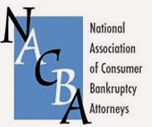
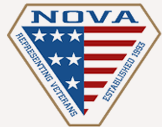
Read more »


